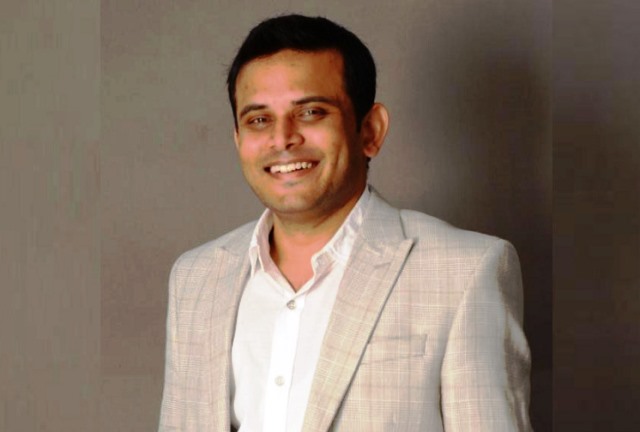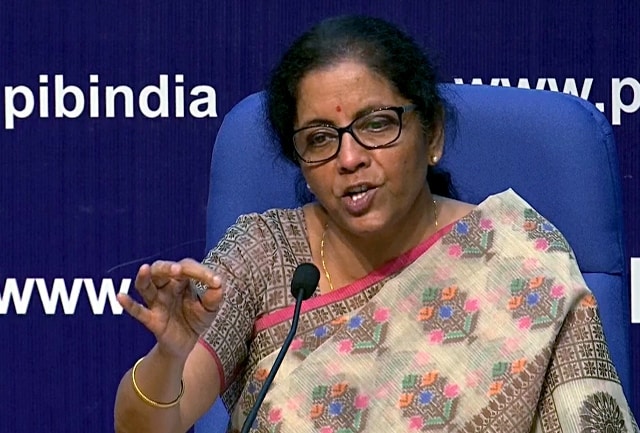Nikhil Kumar, a tech-savvy professional and CEO of a digital platform Simply Cue, says the menace of Deep Fake and misuse of AI require coordinated effort from state and cyber experts
A couple of short videos recently caused outrage among netizens when they showed Bollywood celebrities Rashmika Mandanna, Katrina Kaif and Kajol Devgan in skimpy outfits in their private space. It turned out that these clips were Deep Fakes, meaning someone mischievously placed the faces of these film stars over someone else by using digital tools and encoders. These tools used Artificial Intelligence technology for digital imposition in such a way that most viewers could not detect the fake manipulation.
Welcome to the latest social menace. How far these deep fakes can be misused for a crime is yet to be evaluated but it can certainly cause untold humiliation to a public figure by tarnishing her or his image, even though temporarily. Besides, it is breach of the right to privacy of an individual. Malicious elements can easily mine publicly available images or data and create misinformation. Such fake content can then be disseminated farther via open social media platform to cause disharmony and chaos.
Clearly, we have a big problem at hand. Recently, even Prime Minister Narendra Modi expressed his concern on Deep Fake videos and other misleading content which are consumed as true by the gullible audience. Thus, the first requirement will be to create a uniform standardization that can first detect and then disable such content to be shared or spread on public channels like YouTube, Facebook, X etc. For such a thing to happen both state and social media giants should be on the same page as it will require both legal and digital firewalls.
ALSO READ: ‘Deep Fakes Are A Serious Societal Risk’
The next step should be social. The netizens and social media users must be made aware that they should not become unpaid mules of such disinformation and must use discretion before sharing any content which is dubious in nature.
Amid the possible measures to counter the menace, there are various tools and technologies that have been developed over the recent past. These tools majorly rely on computer vision techniques, analyze facial inconsistencies, or use AI algorithms to identify anomalies in audio and visual content. Examples include Microsoft’s Video Authenticator and Intel’s FakeCatcher.
Eventually, as Deep Fake technology evolves, so will the detection methods, creating an ongoing challenge in staying ahead of deceptive techniques. So for a long time to come this will remain a cat and mouse game. The stress should be to penalize such action and bring in new laws to effectively deal with such misdeeds.
As responsible citizens of our country, we also need to contribute our bit – to remain aware about such things and try to be informed about Deep Fakes. As we are in an era of depending upon social media (WhatsApp, Twitter, FaceBook, Instagram, etc) for our newsfeed and information, we need to be able to separate grain from the chaff. The best source of authentic information is a newspaper – as it is printed in a hard copy and the information published in it cannot be erased or changed. For those hooked to digital portals, use only trustworthy names for their news and other information.
As told to Rajat Rai
For more details visit us: https://lokmarg.com/

